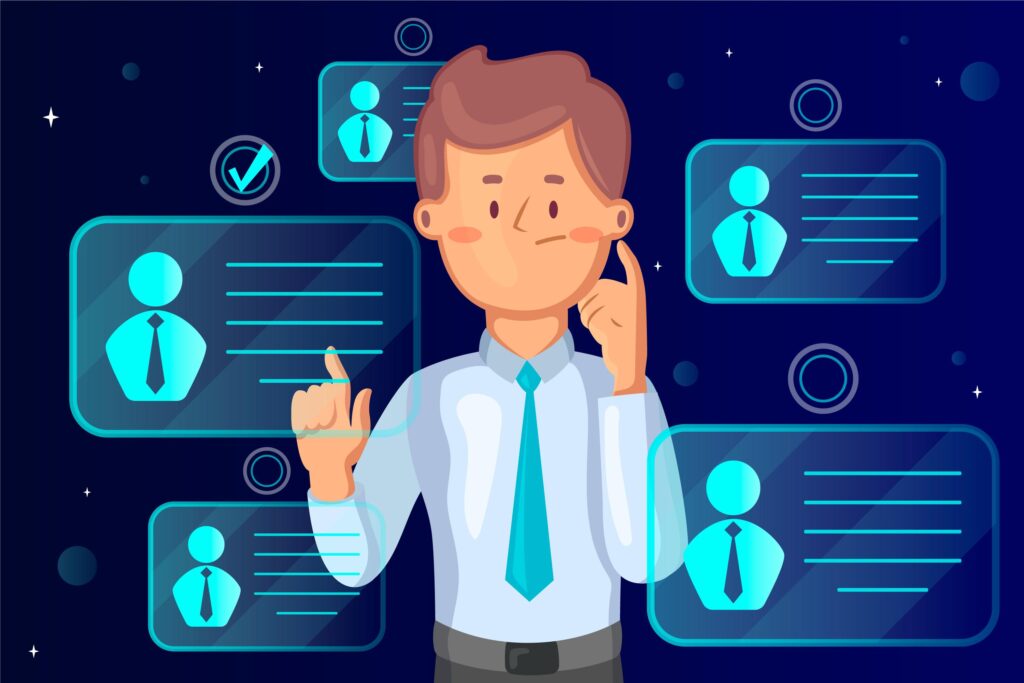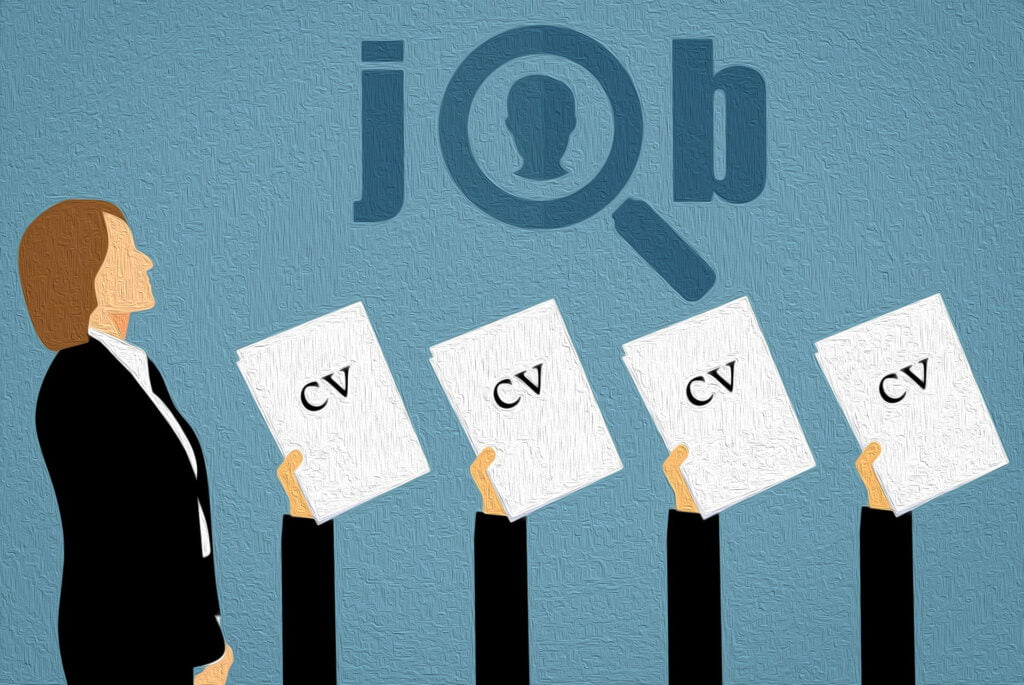[ad_1]
A brief description: In this article, we will explore the power of empathy and how it can lead to understanding through agreement. We will discuss the importance of empathy in various aspects of life, and how practicing empathy can lead to better communication, conflict resolution, and overall human connection. We will also delve into the ways in which empathy can be harnessed as a tool for effective management and leadership.
What is empathy and why is it important?
Empathy is the ability to understand and share the feelings of others. It involves putting yourself in someone else’s shoes and seeing the world from their perspective. Empathy is important because it allows us to connect with others on a deeper level, build trust and respect, and create a sense of understanding. In both personal and professional relationships, empathy is a crucial skill for effective communication, conflict resolution, and mutual respect.
By practicing empathy, we can gain insights into others’ emotions and experiences and use that understanding to find common ground and reach agreements. Whether it’s resolving a disagreement with a colleague, negotiating a deal with a business partner, or simply connecting with a friend or family member, empathy can help us bridge the gap between different perspectives and find common ground.
How can empathy lead to understanding through agreement?
Empathy can lead to understanding through agreement by fostering mutual understanding and respect. When we take the time to truly listen and understand someone else’s perspective, we can find common ground and work towards a solution that benefits everyone. By acknowledging and validating others’ emotions and experiences, we can create a sense of understanding and trust that paves the way for agreement.
Empathy also allows us to see beyond our own biases and preconceptions, enabling us to approach situations with an open mind and a willingness to compromise. When both parties are able to empathize with each other’s needs and concerns, they can work together to find a middle ground that satisfies everyone involved. This can lead to stronger, more positive relationships and more effective problem-solving in both personal and professional settings.
How can empathy be harnessed as a management and leadership tool?
In management and leadership, empathy is a powerful tool for building strong, cohesive teams and creating a positive, productive work environment. When leaders demonstrate empathy, they show their team members that they are valued and understood, which in turn fosters trust and loyalty. By understanding the needs and perspectives of their employees, managers can make more informed decisions and create policies that benefit everyone.
Empathetic leaders are also better equipped to handle conflict and manage diverse personalities within their teams. By understanding their employees’ motivations, strengths, and challenges, they can offer support and guidance that is tailored to each individual. This can lead to higher employee satisfaction, improved teamwork, and ultimately better business results.
How can individuals develop and practice empathy in their daily lives?
Developing empathy requires active effort and attention. It involves stepping outside of our own experiences and deliberately seeking to understand others. One way to practice empathy is by actively listening to others without judgment, and trying to see the world from their perspective. Asking open-ended questions and seeking out diverse perspectives can also help expand our understanding of others’ experiences and emotions.
Additionally, practicing self-awareness and mindfulness can also help build empathy. By understanding our own emotions and reactions, we can better empathize with others and recognize when they may be facing similar challenges or feelings. Finally, practicing empathy also involves showing kindness and compassion towards others, and seeking to create a supportive, inclusive environment in all areas of our lives.
Conclusion
Empathy is a powerful tool for understanding through agreement in both personal and professional settings. By practicing empathy, individuals can bridge the gap between different perspectives, foster understanding, and reach agreements that benefit everyone involved. Empathy also plays a crucial role in management and leadership, creating a positive, supportive work environment and stronger, more cohesive teams.
FAQs
1. Can empathy really make a difference in conflict resolution?
Yes, empathy can make a significant difference in conflict resolution. By understanding and acknowledging others’ emotions and experiences, individuals can create a sense of understanding and trust that paves the way for agreement. When both parties are able to empathize with each other’s needs and concerns, they can work together to find a middle ground that satisfies everyone involved.
2. How can empathy benefit leaders and managers?
Empathy benefits leaders and managers by helping them build strong, cohesive teams and creating a positive, productive work environment. When leaders demonstrate empathy, they show their team members that they are valued and understood, which fosters trust and loyalty. Additionally, empathetic leaders are better equipped to handle conflict and manage diverse personalities within their teams.
3. Can empathy be learned and developed?
Yes, empathy can be learned and developed through active effort and attention. By actively listening to others without judgment, seeking out diverse perspectives, and practicing self-awareness and mindfulness, individuals can build their capacity for empathy and understanding.
4. Is empathy the same as sympathy?
No, empathy and sympathy are not the same. Empathy involves understanding and sharing the feelings of others, while sympathy involves feeling compassion or sorrow for someone else’s hardships. Empathy requires us to put ourselves in someone else’s shoes and see the world from their perspective, while sympathy is more focused on feeling for the other person.
5. How can empathy improve communication and relationships?
Empathy can improve communication and relationships by fostering mutual understanding and respect. When we take the time to truly listen and understand someone else’s perspective, we can find common ground and work towards a solution that benefits everyone. Empathetic communication also creates a supportive, inclusive environment that enables individuals to feel heard and valued.
[ad_2]




